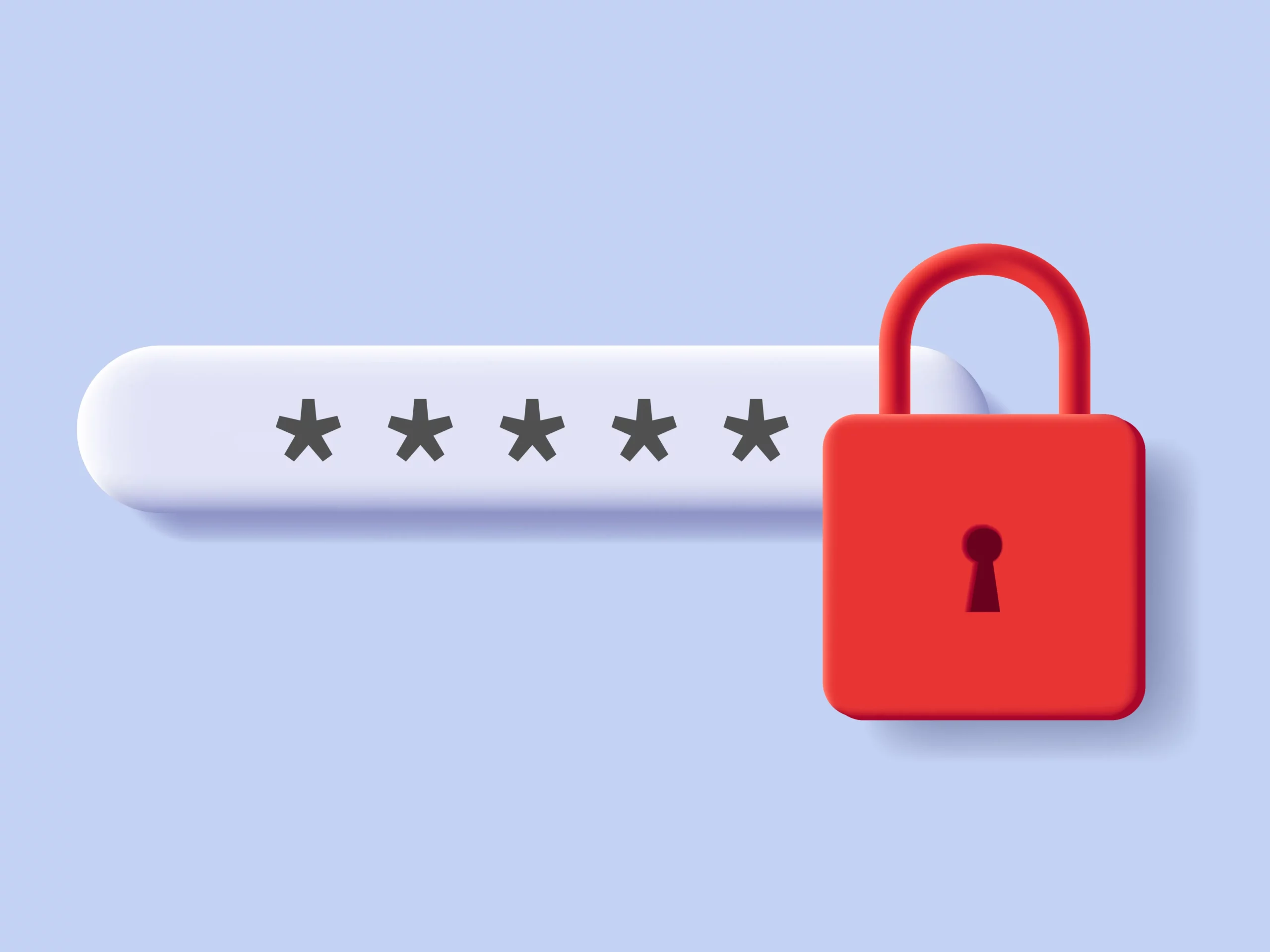
In our increasingly digital world, our lives have become intertwined with an ever-expanding array of online accounts, each requiring a username and password. The challenge of creating and managing complex, unique passwords for these accounts has led to the rise of password managers. These handy tools are designed to simplify our digital existence by securely storing and organizing our passwords. In this article, we’ll delve into the world of password managers, uncovering their utility, advantages, drawbacks, and best practices for making the most of them
What are password managers?
Transitioning to the world of password managers, we find that these applications act as digital guardians of our online identities. These tools serve as encrypted vaults, where you can effortlessly store your login credentials, ensuring that you never have to remember countless passwords or resort to weak ones to safeguard your online presence.
One of the primary advantages of using a password manager is enhanced security. Through the use of sophisticated encryption techniques, these applications secure your sensitive information. They excel in generating and storing complex, unique passwords for each of your online accounts, significantly reducing the risk of falling victim to password-related vulnerabilities. This meticulous approach to password creation and storage provides a robust defense against common security threats, such as phishing attacks and data breaches.
In addition to their security prowess, password managers offer an abundance of conveniences. These applications seamlessly work across different platforms, allowing you to access your passwords from multiple devices with ease. Furthermore, they often incorporate features for secure password sharing with trusted individuals, simplifying collaborative work or family account management
Cons of a password manager
Despite the numerous benefits, password managers are not without their drawbacks. One potential con is the initial learning curve, as users need to adapt to the new system and remember a single master password to access their stored credentials. Moreover, dependency on a password manager can sometimes lead to an overreliance on the tool, neglecting other critical security practices.
A significant concern with password managers is the risk associated with the master password. If you forget or lose this crucial password, it may be impossible to recover your stored accounts. Therefore, protecting and remembering your master password is paramount.
Do’s and Dont’s
+ Do Use a Strong Master Password: Create a unique and complex master password that you can remember
+ Do Enable Two-Factor Authentication (2FA): Activate 2FA whenever possible for added security.
+ Do Regularly Update Passwords: Periodically update and review your stored passwords for optimal security.
– Don’t Share Your Master Password: Never share your master password with anyone.
– Don’t Use Weak or Repeated Passwords: Avoid easily guessable or reused passwords.
– Don’t Forget to Back Up and Secure Your Master Password: Set up backup and recovery options and protect your master password.
Conclusion
In conclusion, password managers can be invaluable tools in your quest for a secure and organized digital life. Their ability to generate strong, unique passwords, securely store them, and provide convenience across devices makes them an essential part of modern online security.
However, it’s important to approach their usage with care. Remember, your master password is the linchpin, and its security is paramount. By following best practices and heeding the do’s and don’ts, you can fully reap the benefits of password managers while minimizing potential risks. With the right balance of vigilance and responsibility, you can unlock the advantages of these digital gatekeepers and navigate the online world with confidence.